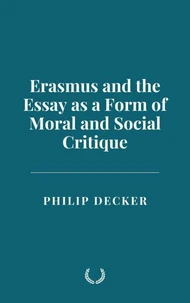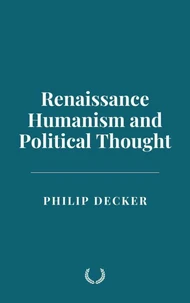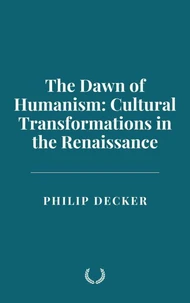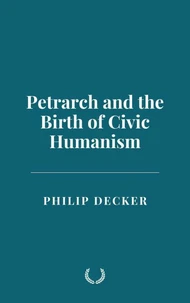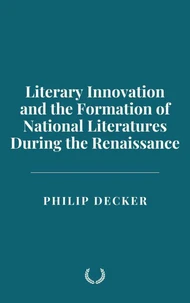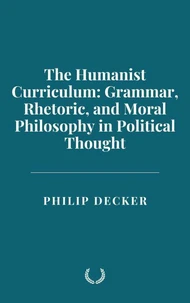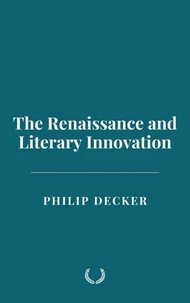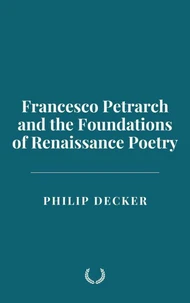Enlightened Absolutism: The Monarchs Who Shaped Europe
Par :Formats :
Disponible dans votre compte client Decitre ou Furet du Nord dès validation de votre commande. Le format ePub est :
- Compatible avec une lecture sur My Vivlio (smartphone, tablette, ordinateur)
- Compatible avec une lecture sur liseuses Vivlio
- Pour les liseuses autres que Vivlio, vous devez utiliser le logiciel Adobe Digital Edition. Non compatible avec la lecture sur les liseuses Kindle, Remarkable et Sony
 , qui est-ce ?
, qui est-ce ?Notre partenaire de plateforme de lecture numérique où vous retrouverez l'ensemble de vos ebooks gratuitement
Pour en savoir plus sur nos ebooks, consultez notre aide en ligne ici
- FormatePub
- ISBN8230574026
- EAN9798230574026
- Date de parution14/03/2025
- Protection num.pas de protection
- Infos supplémentairesepub
- ÉditeurIndependently Published
Résumé
The 18th century marked a period of profound change in Europe, where philosophical currents, social upheaval, and the desire for political stability converged, giving birth to the concept of Enlightened Absolutism. This era saw monarchs across Europe attempt to reconcile their absolute rule with the rising tide of Enlightenment thought. Enlightened Absolutism was not a singular ideology but rather an approach to governance that blended the concepts of rational statecraft, enlightened reforms, and centralized monarchical authority.
The intellectual groundwork for this unique form of absolutism can be traced to the core ideas of the Enlightenment, which emphasized reason, progress, individual liberty, and secularism.
The intellectual groundwork for this unique form of absolutism can be traced to the core ideas of the Enlightenment, which emphasized reason, progress, individual liberty, and secularism.
The 18th century marked a period of profound change in Europe, where philosophical currents, social upheaval, and the desire for political stability converged, giving birth to the concept of Enlightened Absolutism. This era saw monarchs across Europe attempt to reconcile their absolute rule with the rising tide of Enlightenment thought. Enlightened Absolutism was not a singular ideology but rather an approach to governance that blended the concepts of rational statecraft, enlightened reforms, and centralized monarchical authority.
The intellectual groundwork for this unique form of absolutism can be traced to the core ideas of the Enlightenment, which emphasized reason, progress, individual liberty, and secularism.
The intellectual groundwork for this unique form of absolutism can be traced to the core ideas of the Enlightenment, which emphasized reason, progress, individual liberty, and secularism.





